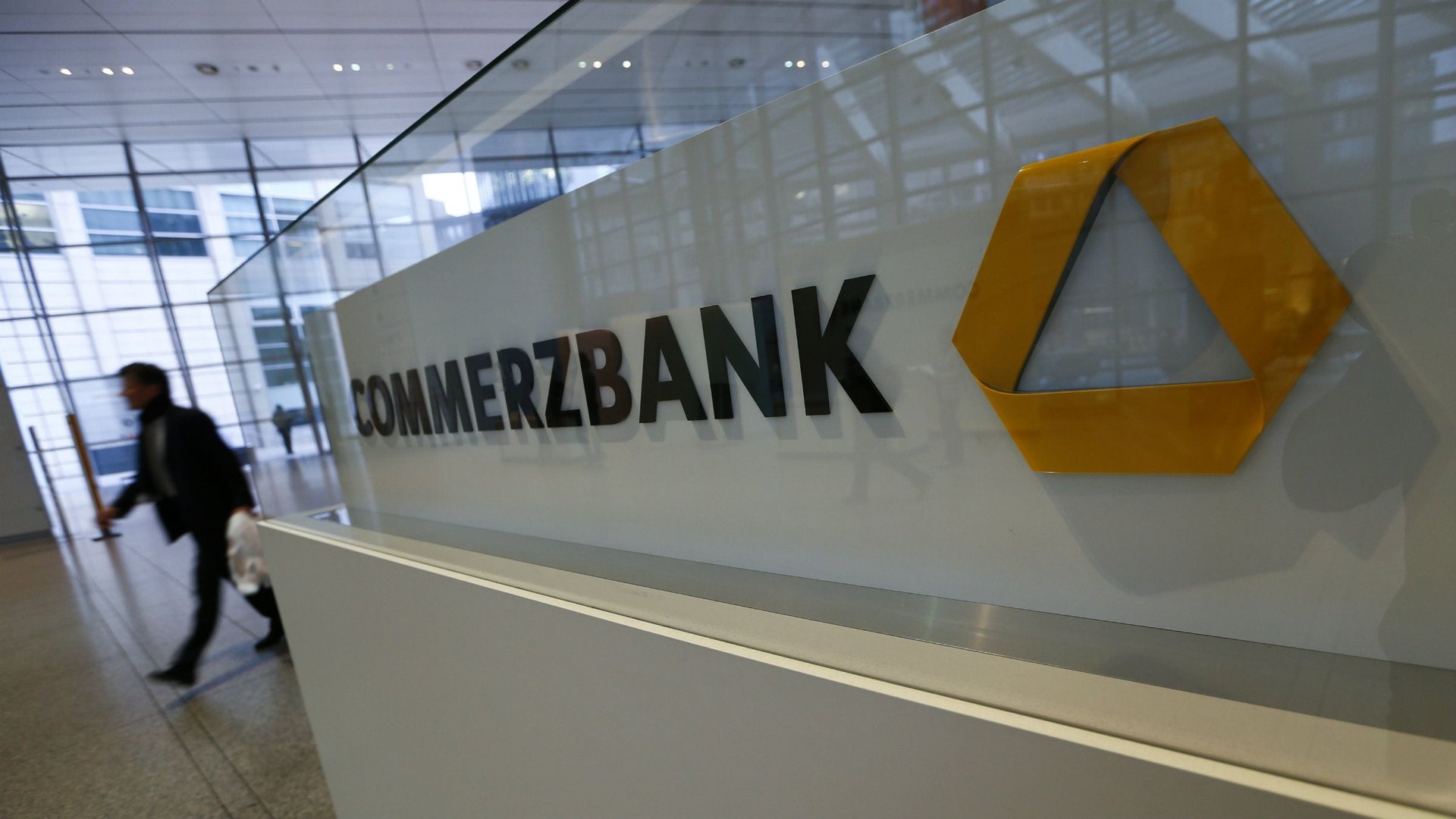The hapless ways that foreign banks have tried to skirt US sanctions
The banter and slang used by traders can make it hard for outsiders to tell what they are doing, much less whether they’re up to no good. But there are telltale patterns and keywords that signal trouble—and systems that can sift through chat logs and transaction records looking for them.


The banter and slang used by traders can make it hard for outsiders to tell what they are doing, much less whether they’re up to no good. But there are telltale patterns and keywords that signal trouble—and systems that can sift through chat logs and transaction records looking for them.
Some of the more colorful expressions unearthed in recent investigations (for example, “Betty on the mumble,” where a betty is short for the British pound) come from investigations into market manipulation. But rigging the markets for interest rates, foreign exchange, and commodities, to name a few, is only one type of misdeed that have landed big banks in legal hot water of late.
American authorities have recently busted several foreign banks for violating compliance standards meant to catch money laundering and for breaking US sanctions laws that forbid doing dollar-based business with Cuba, Iran, Sudan, and other blacklisted regimes.
In many of these cases, the banks’ own internal correspondence—typically between compliance workers and other back-office staffers—provides the most damning evidence, although it’s comparatively simplistic stuff compared with what emerged (pdf) in some of the recent market-manipulation scandals.
Commerzbank!!!!!!!!!!!!!
The latest bank to fall foul of the rules, German lender Commerzbank, today agreed to pay $1.45 billion to settle a host of allegations by US agencies. The bank processed more than $250 billion in transactions for Iranian and Sudanese clients via its New York branch, the authorities say.
How do they know? The bank’s compliance department didn’t exactly cover its tracks well, as this email between Commerzbank (“CB”) employees shows:
If for whatever reason CB New York inquires why our turnover has increase[d] so dramatically, under no circumstances may anyone mention that there is a connection to the clearing of Iranian banks!!!!!!!!!!!!!.
The 13 exclamation marks kind of gives it away, no? In other sanctions-busting cases, compliance and back-office staffers have shown a similar lack of creativity.
Bank of Tokyo’s “enemy countries”
Bank of Tokyo-Mitsubishi UFJ was hit twice with fines for skirting US sanctions, most recently in November. This is what the bank put in a manual for employees who prepare and submit cross-border transactions (pdf, p. 5) involving ”enemy countries” under US sanctions:
Exert care to avoid the funds being frozen by, among other means, providing our Bank as the ordering bank and not specifying the final receiving bank (the name of the enemy country).
BNP Paribas!!!
French bank BNP Paribas paid the largest-ever fine for breaking sanctions, some $9 billion in July of last year. Even as bank employees fretted to each other about doing business with the Sudanese government as it stoked what one of the emails described as a ”humanitarian catastrophe” in the restive region of Darfur, they waved through dollar transactions for Sudanese clients by obscuring their origins in payment instructions.
Internally, these transactions were flagged rather obviously—”ATTENTION: US EMBARGO”—with colleagues making sure that everybody was on the same page with messages like this:
! Payment in $ to [French Bank 1] without mentioning Sudan to N.Y. !!!
(There are all of those exclamation marks again.)
“Do not mention” HSBC
In late 2012, London-based HSBC settled a case with US authorities for violating money-laundering laws in its dealings with Mexican drug cartels and for breaking US sanctions on Iran, Cuba, Libya, and other countries. On the illicit business in Mexico, the head of compliance in London told a worried colleague in the US that the bank didn’t like to “air the dirty linen of one affiliate with another.”
And then there was the usual monkeying around with payment instructions that involve sanctioned groups. In one case (pdf, p. 26), an HSBC employee coached an Iranian bank on how to game the payment fields to avoid raising red flags when it later submitted the documentation back to the bank:
We have found a solution to processing your payments with minimal manual intervention …. the key is to always populate field 52 – if you do not have an ordering party then quote ‘One of our Clients’ … outgoing payment instruction from HSBC will not quote [Iranian bank] as sender – just HSBC London…. This then negates the need to quote ‘do not mention our name in New York.’
In hindsight, some code words or slang at least might have shown some qualms, however minor, about knowingly breaking the rules.